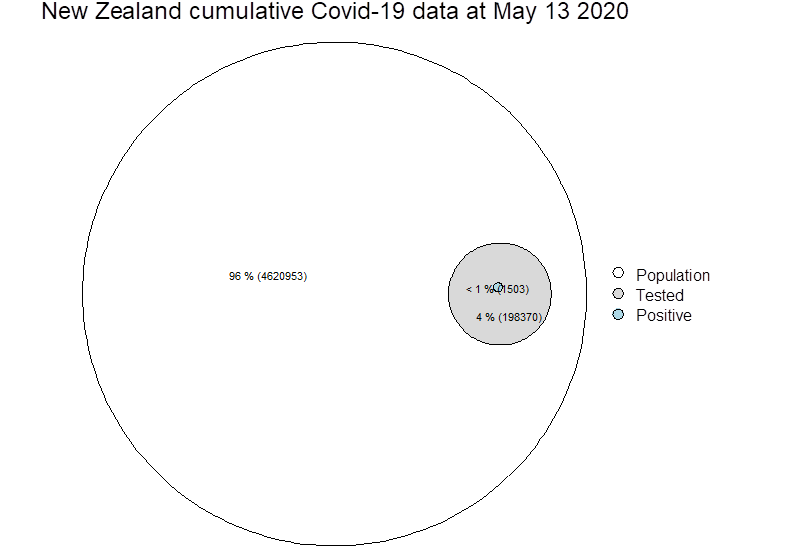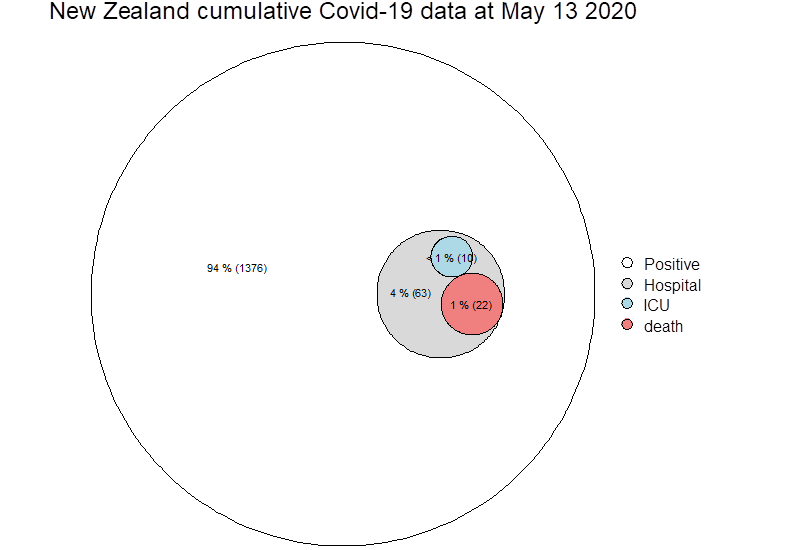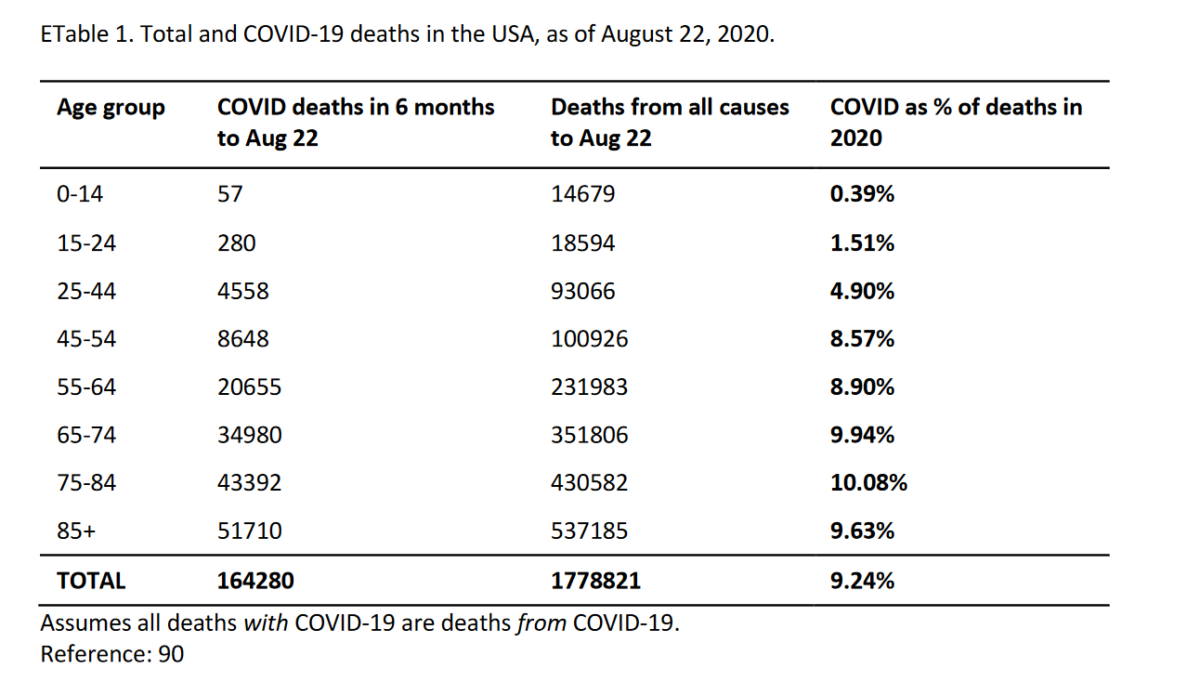Sunetra Gupta, founding signatory of the Great Barrington Declaration, wrote for the Daily Mail. Here is an edited set of excerpts.
I was utterly unprepared for the onslaught of insults, personal criticism, intimidation and threats that met our proposal. The level of vitriol and hostility, not just from members of the public online but from journalists and academics, has horrified me.
… Covid-19 is not a political phenomenon. It is a public health issue — indeed, it is one so serious that the response to it has already led to a humanitarian crisis. So I have been aghast to see a political rift open up, with outright abuse meted out to those who, like me, question the orthodoxy.
That is why I have found it so frustrating how, in recent weeks, proponents of lockdown policies have seemed intent on shutting down debate rather than promoting reasoned discussion.
It is perplexing to me that so many refuse even to consider the potential benefits of allowing non-vulnerable citizens, such as the young, to go about their lives and risk infection, when in doing so they would build up herd immunity and thereby protect the lives of vulnerable citizens.
Yet rather than engage in serious, rational discussion with us, our critics have dismissed our ideas as ‘pixie dust’ and ‘wishful thinking’.
This refusal to cherish the value of the scientific method strikes at the heart of everything I, as a scientist, hold dear. To me, the reasoned exchange of ideas is the basis of civilised society.
So I was left stunned after being invited on to a mid-morning radio programme recently, only for a producer to warn me minutes before we went on air that I was not to mention the Great Barrington Declaration. The producer repeated the warning and indicated that this was an instruction from a senior broadcasting executive.
I demanded an explanation and, with seconds to go, was told that the public wouldn’t be familiar with the meaning of the phrase ‘Great Barrington Declaration’.
And this was not an isolated experience. A few days later, another national radio station approached my office to set up an interview, then withdrew the invitation. They felt, on reflection, that giving airtime to me would ‘not be in the national interest’.
But the Great Barrington Declaration represents a heartfelt attempt by a group of academics with decades of experience in this field to limit the harm of lockdown. I cannot conceive how anyone can construe this as ‘against the national interest’.
Moreover, matters certainly are not helped by outlets such as The Guardian, which has repeatedly published opinion pieces making factually incorrect and scientifically flawed statements, as well as borderline defamatory comments about me, while refusing to give our side of the debate an opportunity to present our view.
I am surprised, given the importance of the issues at stake — not least the principle of fair, balanced journalism — that The Guardian would not want to present all the evidence to its readers. After all, how else are we to encourage proper, frank debate about the science?
On social media, meanwhile, much of the discourse has lacked any decorum whatsoever.
I have all but stopped using Twitter, but I am aware that a number of academics have taken to using it to make personal attacks on my character, while my work is dismissed as ‘pseudo- science’. Depressingly, our critics have also taken to ridiculing the Great Barrington Declaration as ‘fringe’ and ‘dangerous’.
But ‘fringe’ is a ridiculous word, implying that only mainstream science matters. If that were the case, science would stagnate. And dismissing us as ‘dangerous’ is equally unhelpful, not least because it is an inflammatory, emotional term charged with implications of irresponsibility. When it is hurled around by people with influence, it becomes toxic.
But this pandemic is an international crisis. To shut down the discussion with abuse and smears — that is truly dangerous.
Yet of all the criticisms flung at us, the one I find most upsetting is the accusation that we are indulging in ‘policy-based evidence-making’ — in other words, drumming up facts to fit our ideological agenda.
I have been accused of not having the right expertise, of being a ‘theoretical’ epidemiologist with her head in the clouds. In fact, within my research group, we have a thriving laboratory that was one of the first to develop an antibody test for the coronavirus.
Clearly, none of us anticipated such a vitriolic response.
The abuse that has followed has been nothing short of shameful.
But rest assured. Whatever they throw at us, it won’t do anything to sway me — or my colleagues — from the principles that sit behind what we wrote.


 Zeroing on test positive cases (blue circle above, now below), it is not possible from paper to know how many deaths actually went to ICU, so these cells may not be mutually exclusive…
Zeroing on test positive cases (blue circle above, now below), it is not possible from paper to know how many deaths actually went to ICU, so these cells may not be mutually exclusive…
